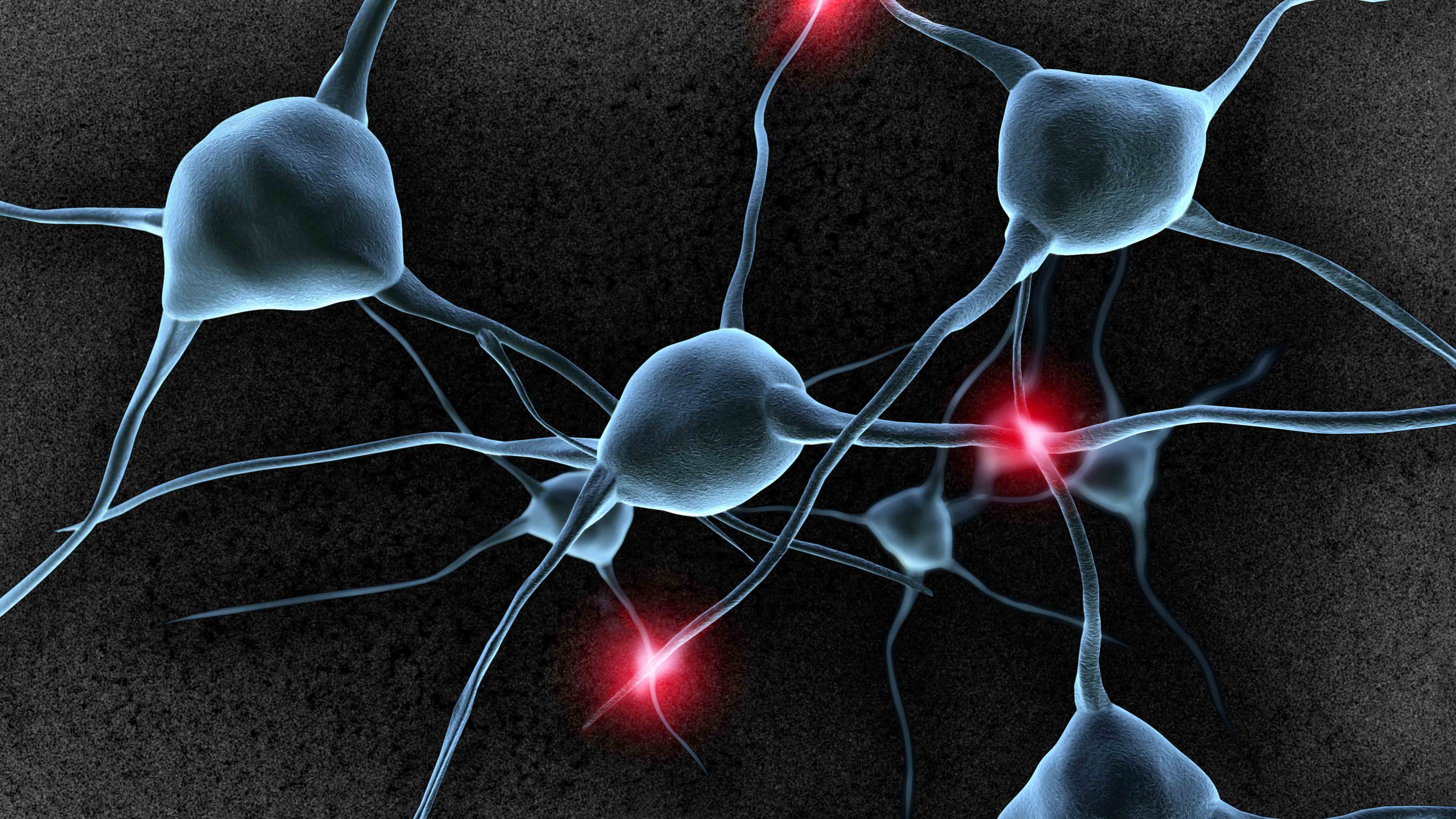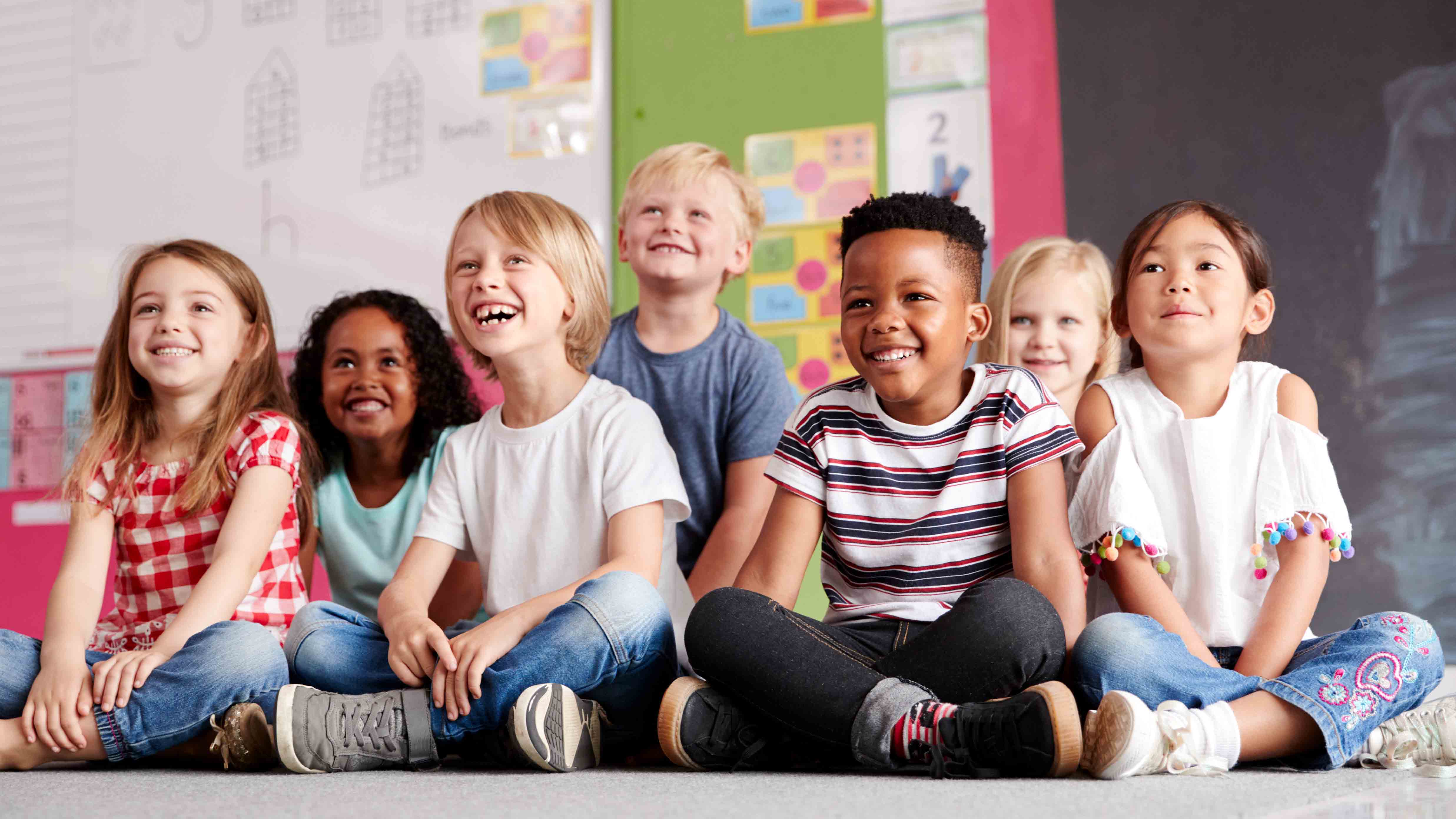
Behavioural Neuroscience
The members of the behavioural neuroscience area are interested in understanding the biological bases for behaviour. Together we use a range of model systems, levels of analysis and neuroscience tools to understand how genes, neurochemical systems, neural activity, or specific circuits regulate different types of behaviour and how changes to these contribute to neuropsychiatric diseases.

Developmental
The members of the developmental area share a broad interest in accounting for changes in thought, feeling, and behaviour across the lifespan. Collectively, we comprise the Child Study Centre at St. George campus, a collaborative group studying the cognitive, moral, linguistic, and social development of children. Our cognitive developmental labs investigate infants’ and children’s attentional and cognitive abilities, causal reasoning, and the development of memory and language, along with interventions to improve educational outcomes. Other labs focus on social and emotional development, examining questions related to infants’ and children’s moral understanding, social decision-making, mind perception, and theory of mind. Our researchers investigate these exciting questions using behavioural methods, but they also supplement this approach with other methods including eye tracking, MRI, EEG/ERPs, and computational models. These diverse perspectives and methodologies provide a comprehensive picture of how the mind works and is shaped throughout development.

Perception, Cognition and Cognitive Neuroscience
Research on cognitive processes has a long history at the University of Toronto, beginning with some of the earliest memory experiments in North America that were conducted by Mark J. Baldwin and August Kirshmann in the late 1800s. The research conducted by the members of the current cognition group reflects modern approaches to a variety of topics in cognitive psychology and cognitive neuroscience, such as memory, attention, perception, language, decision making, and executive function. PCCN faculty pursue those questions with a variety of techniques (including fMRI at the Toronto NeuroImaging Facilty) and through interdisciplinary collaborations.

Social and Personality
Researchers in the Social and Personality (SP) area study the behavior of individuals and groups in social contexts. They share an interest in understanding why people behave the way they do in social situations, as well as how people think and feel about the broader social world. SPA researchers investigate topics such as prejudice, discrimination, stereotyping, morality, self-identity, social identity, group behavior, intergroup interactions, prosocial behavior, and interpersonal relationships. Most research explores human behavior by investigating the interactions between intrapersonal processes (emotion, motivation, attitudes, belief systems) and social behavior (persuasion, communication, decision making, stereotyping, intergroup cooperation or conflict). Research in this area spans multiple levels of analysis, from the biological bases of social cognition and behavior to the larger cultural and social contexts in which people think, feel, and act. As such, SPA research uses methods from neuroscience, cognitive science, physiology, and behavioral science to explore the proximate and ultimate causes of social phenomena.


